 In July 2017, the Chinese government shared its vision of becoming the world leader in artificial intelligence by 2030, and now it is very well on its way to lead patents, academic papers, both cross-border and global artificial intelligence funding. China has also bagged the Numero Uno position in many areas related to the digital economy. For instance, it has the highest number of internet users in the world, has a massive market of mobile payments and Internet of Things and it’s the world’s largest buyer of industrial robots and semiconductor products.
In July 2017, the Chinese government shared its vision of becoming the world leader in artificial intelligence by 2030, and now it is very well on its way to lead patents, academic papers, both cross-border and global artificial intelligence funding. China has also bagged the Numero Uno position in many areas related to the digital economy. For instance, it has the highest number of internet users in the world, has a massive market of mobile payments and Internet of Things and it’s the world’s largest buyer of industrial robots and semiconductor products.
2017年7月,中国分享了其到2030年成为世界人工智能领导者的愿景,现在它正在影响专利,学术论文,跨境和全球人工智能资金的方向。中国还在与数字经济相关的许多领域获得了头号的地位 - 例如,它拥有世界上最多的互联网用户,拥有庞大的移动支付和物联网市场以及全球最大的工业买家机器人和半导体产品。
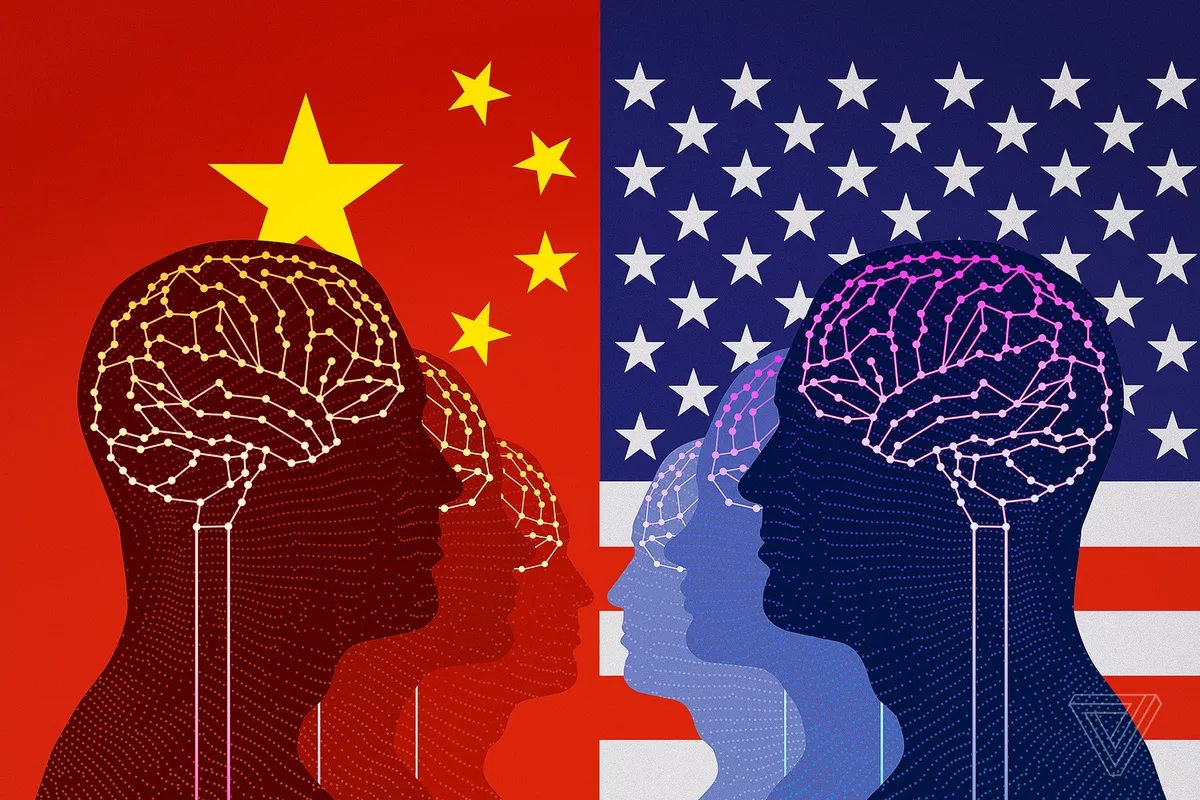 After setting multiple benchmarks, China is gearing up to lead innovation in fundamental AI technologies and is also rapidly implementing AI in its marketplace. The first step of the plan is to match up with the United States on AI technology and applications by 2020. While at the research level the U.S. is still the global AI leader, China is gradually working its way up to the second position and will soon be ready to grab the first spot.
After setting multiple benchmarks, China is gearing up to lead innovation in fundamental AI technologies and is also rapidly implementing AI in its marketplace. The first step of the plan is to match up with the United States on AI technology and applications by 2020. While at the research level the U.S. is still the global AI leader, China is gradually working its way up to the second position and will soon be ready to grab the first spot.
在设定多个基准后,中国正准备引领基础人工智能技术的创新,并在其市场中迅速实施人工智能。该计划的第一步是到2020年与美国在人工智能技术和应用方面相匹配。在研究层面,美国仍然是全球人工智能的领导者,但中国正在逐步迈向第二位,并准备冲击第一的位置。
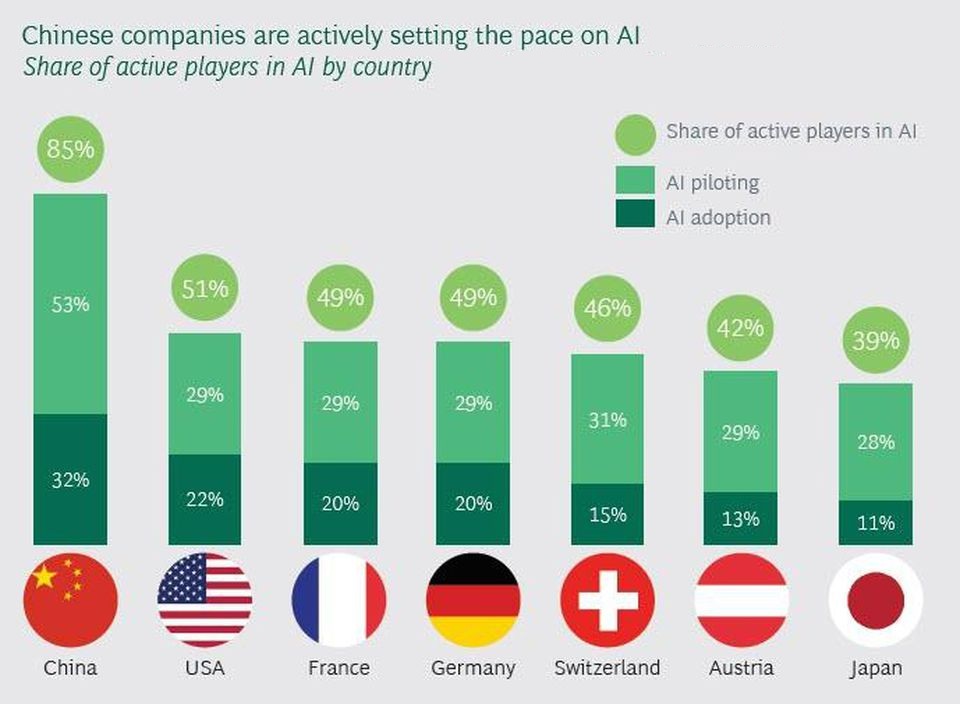
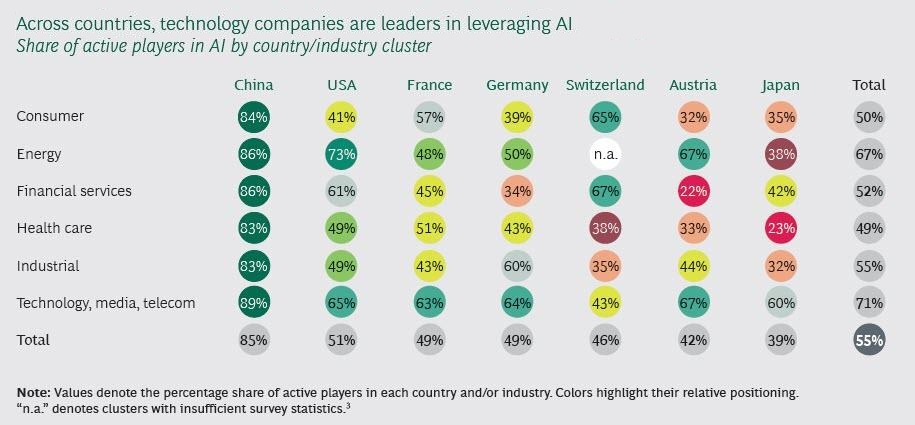 This sudden rise of China in AI development can be traced in the way they have been increasingly coming up with patent filings and publications in the past few years. In the present time, China has already exceeded the US in the number of filed AI patents and publications. The significant part is, China's growing momentum in becoming the new market leader in AI has not been limited to just patents and research and development. In June 2018, China had the world's second largest number of AI companies, almost half of the number of start-ups in the U.S., but significantly more than Canada and the U.K., which are in the 3rd and the 4th position respectively.
This sudden rise of China in AI development can be traced in the way they have been increasingly coming up with patent filings and publications in the past few years. In the present time, China has already exceeded the US in the number of filed AI patents and publications. The significant part is, China's growing momentum in becoming the new market leader in AI has not been limited to just patents and research and development. In June 2018, China had the world's second largest number of AI companies, almost half of the number of start-ups in the U.S., but significantly more than Canada and the U.K., which are in the 3rd and the 4th position respectively.
中国人工智能发展的突然崛起可以追溯到他们在过去几年中越来越多地提出申请专利和出版相关刊物。目前,中国的人工智能专利和出版物数量已超过美国。重要的是,中国成为人工智能新市场领导者的势头不仅仅局限于专利和研发。 2018年6月,中国拥有世界上第二多的人工智能公司,几乎是美国初创企业数量的一半,远远超过第三的加拿大和第四的英国。
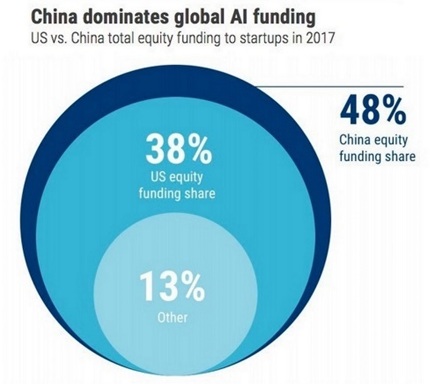 Another instance that proves China has its sight set on becoming a leader in the realm of artificial intelligence is that in 2018, 48% of the total equity funding of AI start-ups globally came from China, compared to 38% funded by the US, and a mere 13% by the rest of the world. This is a significant jump made by the country from 11.3% of global funding in 2016.
Another instance that proves China has its sight set on becoming a leader in the realm of artificial intelligence is that in 2018, 48% of the total equity funding of AI start-ups globally came from China, compared to 38% funded by the US, and a mere 13% by the rest of the world. This is a significant jump made by the country from 11.3% of global funding in 2016.
另一个中国有望成为人工智能领域领导者的例子是,2018年,全球人工智能初创企业总股本中有48%来自中国,而美国这一比例为38%。,仅占世界其他地区的13%。
Besides this, there are other reasons too to believe that China can turn its dream of artificial intelligence supremacy into reality soon. It is positioned way better than most countries in the AI domain for several reasons. Let's check out in what ways:
除此之外,还有其他理由认为中国很快就能成为全球人工智能领导地位:
 The Chinese government has set 3-step plan to becoming the world leader in AI. Firstly, to keep pace with all the leading AI technologies and its application in general by 2020. Next step is to make major breakthroughs by 2025 leading to the third and ultimate step of the plan - which is the establishment of China as the world leader in the AI field by 2030.
The Chinese government has set 3-step plan to becoming the world leader in AI. Firstly, to keep pace with all the leading AI technologies and its application in general by 2020. Next step is to make major breakthroughs by 2025 leading to the third and ultimate step of the plan - which is the establishment of China as the world leader in the AI field by 2030.
中国政府制定了三步计划,首先,要在2020年之前与所有领先的人工智能技术及其应用保持同步。下一步是在2025年取得重大突破,从而实现该计划的第三步即最终步骤 - 2030年中国成为世界人工智能领导者。
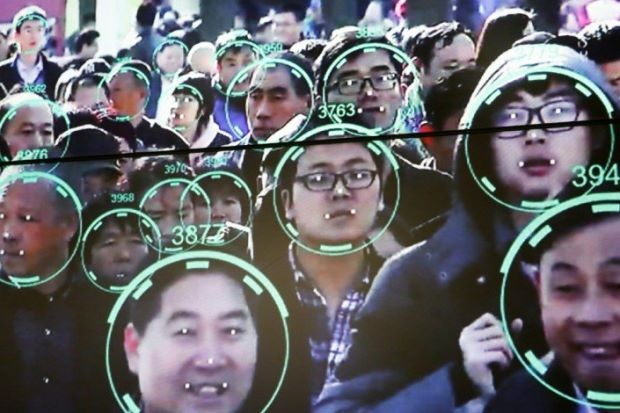 The world's largest population is governed by lax data privacy regulations that provide unlimited source of data for artificial intelligence algorithms allowing maximum number of people to consume more data. AI algorithms require large amounts of example data relevant to the task at hand and China's huge population coupled with its relatively relaxed privacy rules enables the country's AI developers to work more with, than those in the US.
The world's largest population is governed by lax data privacy regulations that provide unlimited source of data for artificial intelligence algorithms allowing maximum number of people to consume more data. AI algorithms require large amounts of example data relevant to the task at hand and China's huge population coupled with its relatively relaxed privacy rules enables the country's AI developers to work more with, than those in the US.
世界上人口最多的群体受宽松数据隐私法规的约束,这些法规为人工智能算法提供了无限的数据来源,允许最多人使用更多数据。人工智能算法需要大量与手头任务相关的示例数据,中国庞大的人口以及相对宽松的隐私规则使得该国的人工智能开发人员能够比美国的人员更好的工作。
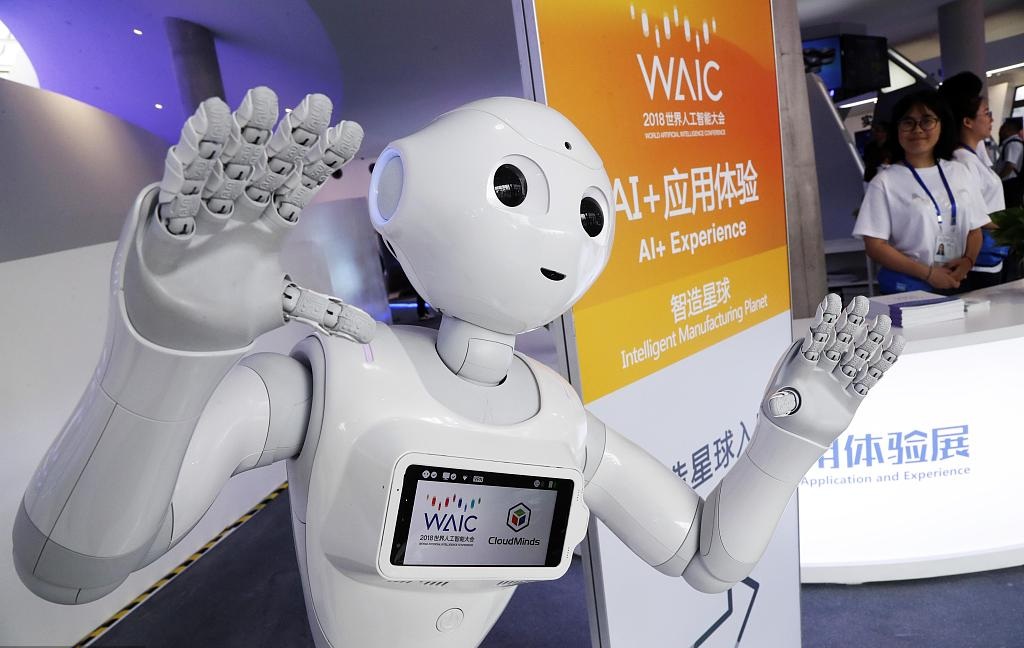 Over the past few years, China’s AI industry has grown by 67% and produced more research papers and patents than the US - thanks to its government’s ambition to become the world leader in AI. Despite having access to about one-fifth of America’s talent pool, this rapid rise has been driven largely by the Chinese government. China also has an advantage over the US on applying AI technology to specific areas, such as manual retail and medical diagnosis. The country’s government has further adopted several initiatives to achieve this goal that supports the growth and implementation of artificial intelligence. Two of the most important policies include the “Next Generation AI Development Plan,” that demonstrates China’s roadmap to achieve global AI leadership by 2030, and the “AI Three-Year Action Plan 2018-2020,” that shows China’s 2020 AI development goals. These policies work towards boosting the commercialisation and innovation of AI technologies and R&D. What’s even more intriguing is the fact that the Chinese government, in order to facilitate these policies has associated funding to establish incubators, science parks and development zones. Not only that, the Chinese government is also playing a prime role in offering financial support along with access to potential entrepreneurs and investors looking to build AI start-ups.
Over the past few years, China’s AI industry has grown by 67% and produced more research papers and patents than the US - thanks to its government’s ambition to become the world leader in AI. Despite having access to about one-fifth of America’s talent pool, this rapid rise has been driven largely by the Chinese government. China also has an advantage over the US on applying AI technology to specific areas, such as manual retail and medical diagnosis. The country’s government has further adopted several initiatives to achieve this goal that supports the growth and implementation of artificial intelligence. Two of the most important policies include the “Next Generation AI Development Plan,” that demonstrates China’s roadmap to achieve global AI leadership by 2030, and the “AI Three-Year Action Plan 2018-2020,” that shows China’s 2020 AI development goals. These policies work towards boosting the commercialisation and innovation of AI technologies and R&D. What’s even more intriguing is the fact that the Chinese government, in order to facilitate these policies has associated funding to establish incubators, science parks and development zones. Not only that, the Chinese government is also playing a prime role in offering financial support along with access to potential entrepreneurs and investors looking to build AI start-ups.
过去几年,中国的人工智能产业增长了67%,并且产生了比美国更多的研究论文和专利,不仅如此,中国政府在提供金融支持以及寻求建立人工智能初创企业的潜在企业家和投资者方面也发挥着重要作用。
 China's AI incorporation into the average people's daily lives has been successfully done due to the ‘big brother’ policies - which is also passively accepted by the Chinese citizens. This implementation of AI technologies enabled the Chinese government to adopt more complex form of applications like public security, people tracking and traffic management, helping in accelerating and commercialising the technologies. In present time, many AI technologies have also started permeating other spheres, such as economic and social welfare, including education.
China's AI incorporation into the average people's daily lives has been successfully done due to the ‘big brother’ policies - which is also passively accepted by the Chinese citizens. This implementation of AI technologies enabled the Chinese government to adopt more complex form of applications like public security, people tracking and traffic management, helping in accelerating and commercialising the technologies. In present time, many AI technologies have also started permeating other spheres, such as economic and social welfare, including education.
中国的人工智能纳入普通人的日常生活已经成功。目前,许多人工智能技术也开始运用到经济和社会福利等其他领域,包括教育。
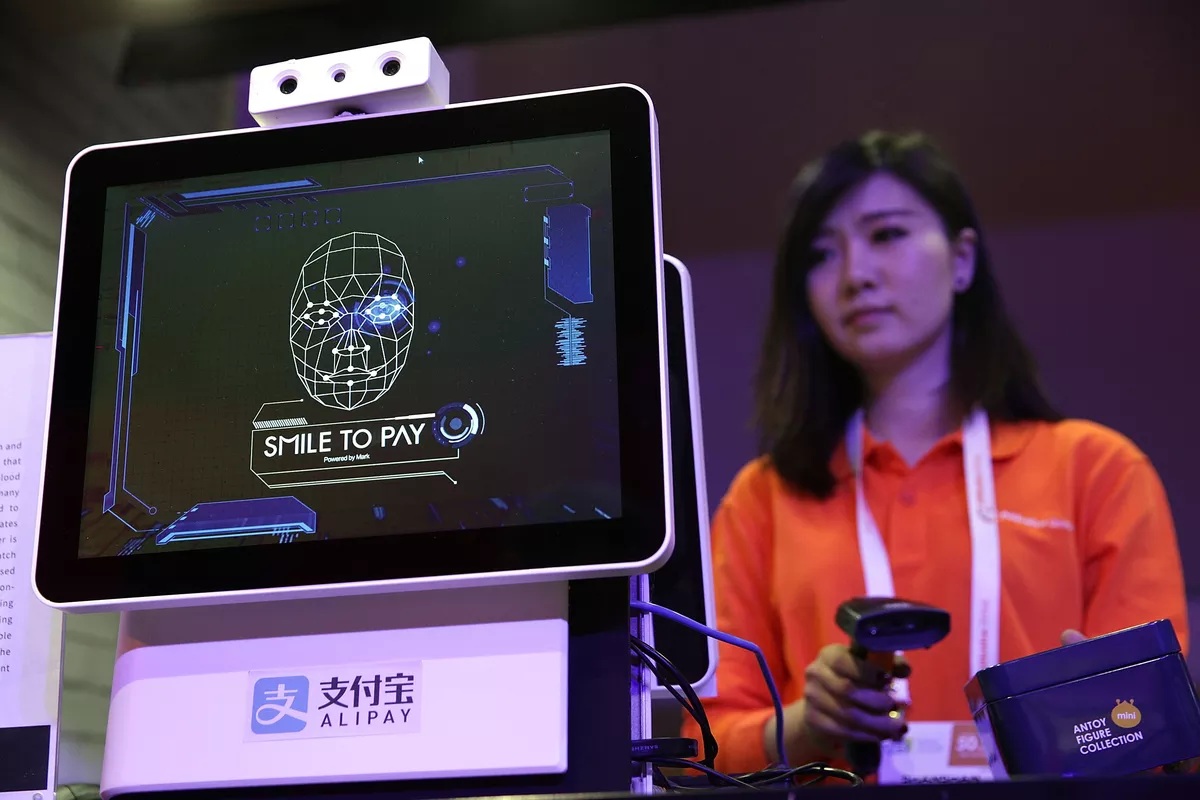 And more recently, after the Chinese government realised that data is the new fuel, multiple stringent laws surrounding the export of analytics and data have been adopted that make use of AI technologies more than ever.
And more recently, after the Chinese government realised that data is the new fuel, multiple stringent laws surrounding the export of analytics and data have been adopted that make use of AI technologies more than ever.
最近,在意识到数据是新燃料之后,围绕分析和数据出口的多项严格法律已经采用,比以往任何时候都更加利用人工智能技术。
Therefore, AI in China now has an upper hand of reaching high levels of market adoption and fundraising than their foreign counterparts, and much of that can be seen from examples of AI integration in Chinese people's daily lives.
因此,中国的人工智能现在比其他国外同行具有更高的市场采用率和筹资水平的优势,其中大部分可以从中国人日常生活中的人工智能整合实例中看出。